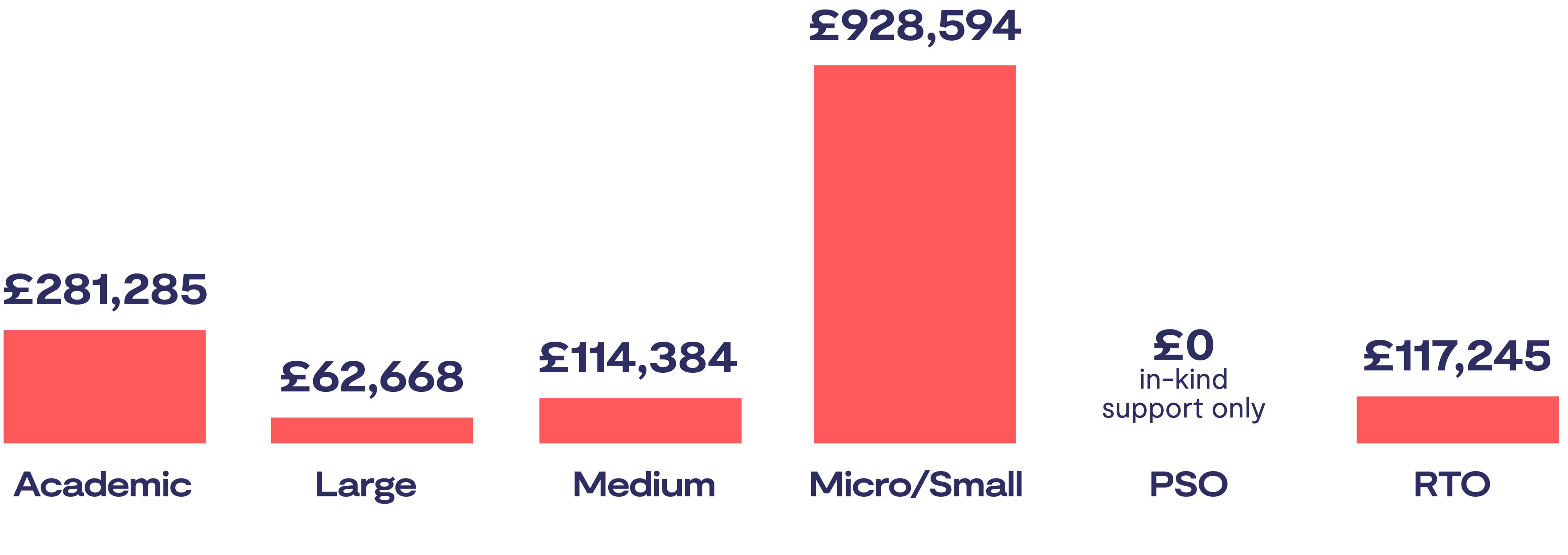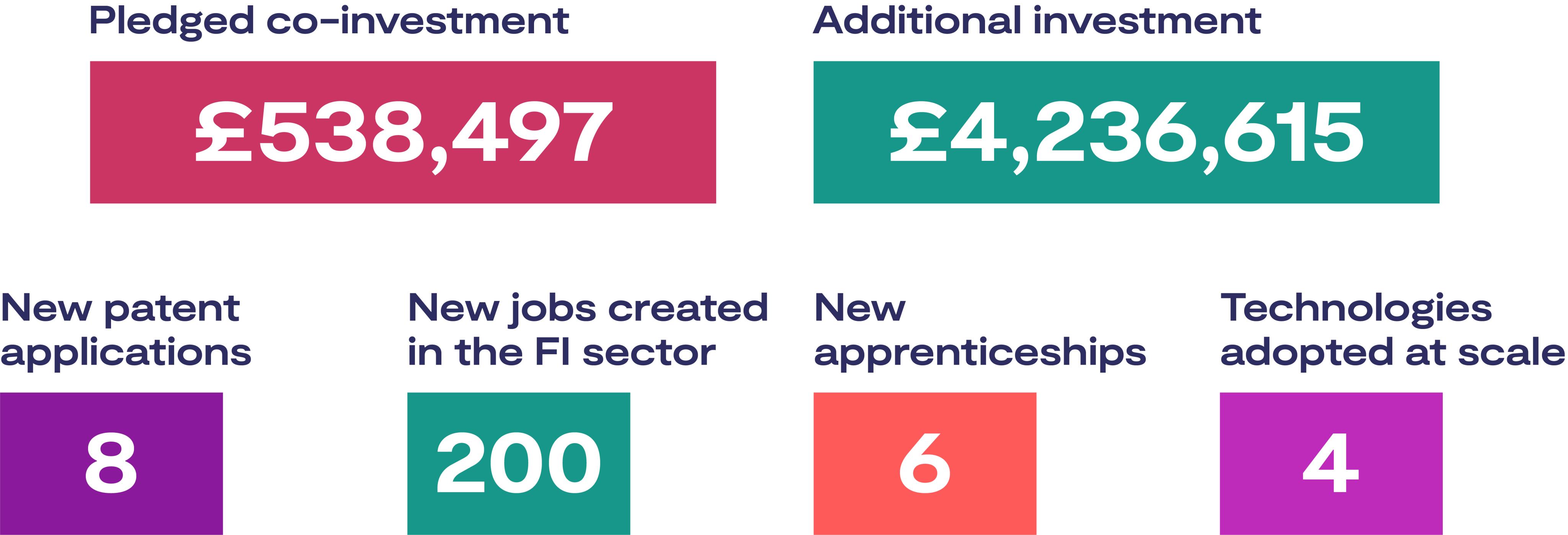Shaping the Future for the Foundation Industries in the UK




Foreword
Look over any city skyline today; more than three-quarters of the manufactured materials you see will have come from the foundation sector. These industries provide materials needed by the whole economy. Take the most dynamic digital companies, biotech labs, and satellite technology providers – none of them can exist without having premises and infrastructure built for them, and building this means concrete, steel, and glass.
Annually worth £52bn and employing over half a million people from all corners of the UK, the foundation industries also include ceramics, paper, and bulk chemicals. They are the bedrock of modern society and will remain so as we create a more sustainable society that meets the imperative of climate change.
Innovation was at the centre of these industries becoming the globalised sector they are today, but while all have continued to innovate across the decades, the scale and pace of innovation now needs to increase rapidly. As part of this journey, the Transforming Foundation Industries (TFI) challenge delivers a programme of interventions designed to scale the pipeline of innovative solutions, technologies, and research needed to enact such a rapid and sustainable transformation.
At the heart of this are forward-thinking companies prepared to collaborate with those in other industries and the best the UK’s academic base offers. It breaks through barriers that hinder fast-paced innovation at scale and unlocks future economic and social benefits for regions across the UK as well as overseas.
Resource efficiency for materials and manufacturing (REforMM) and Small Collaborative R&D competition were launched to support innovation at early stage development. Modest size of projects and simplified application process attracted a wide variety of companies, for some of them it was their first interaction with Innovate UK funding. Here we showcase and celebrate the inspiring projects that have been funded through REforMM and Small Collaborative R&D.
Bruce Adderley
Challenge Director, Transforming Foundation Industries

Organisation type
Total grant offer


Small Scale Collaborative R&D and Resource Efficiency for Materials and Manufacturing (REforMM) Project Showcase
Case studies for the remaining projects will be added shortly.

For more information contact us at tfi@ukri.org









